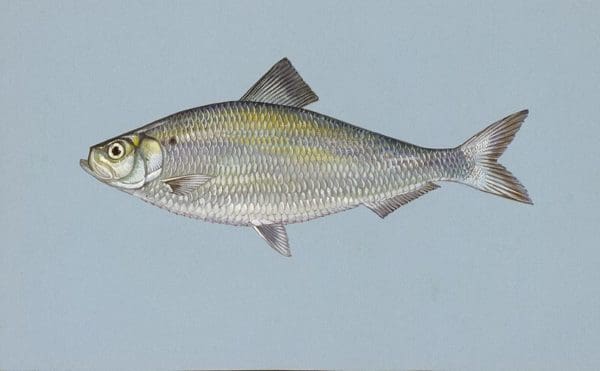A Tale of Two Portlands
South Portland, Maine, and Portland, Oregon, are just two of the most recent cities to take a stand against Big Oil and new fossil fuel infrastructure.
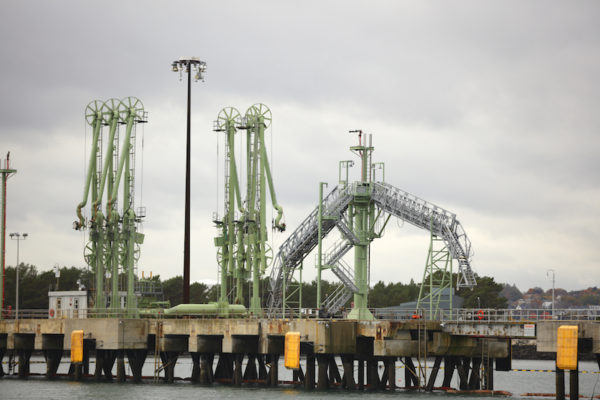
South Portland, Maine, and Portland, Oregon, are just two of the most recent cities to take a stand against Big Oil and new fossil fuel infrastructure.

Maine’s salt marshes are as iconic to our coast as our rocky beaches, yet years of development – from houses and roads to dikes and dams – is putting them at risk. As our marshes are increasingly cut off from the ocean that sustains them, they are slowly shrinking, and with them the vital benefits they provide… Continue reading Restoring Salt Marshes in Maine
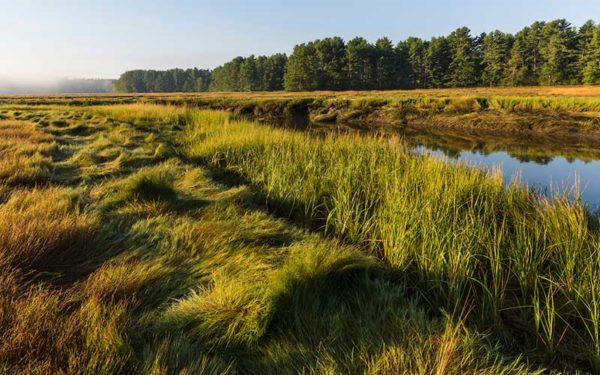
Last month, a Maine Superior Court judge dismissed CLF’s lawsuit against the LePage administration’s executive order that places a moratorium on new wind power developments in most of the state. The true losers in this case are not CLF and our co-plaintiffs, however. They are the people of Maine, our pursuit of energy independence, and our ability to create good, local jobs in a thriving new industry.
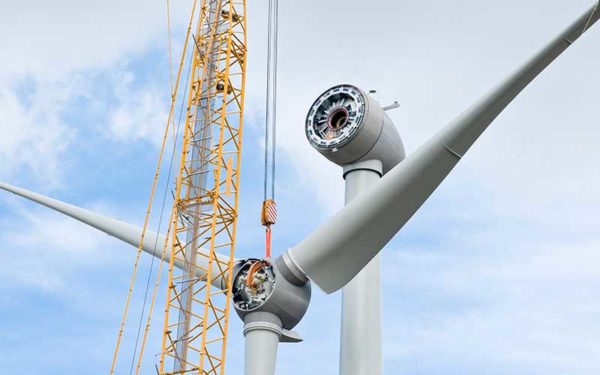
The Royal River runs about 30 miles from its headwaters in New Gloucester, Maine, to its outlet in Casco Bay in Yarmouth. Like many of New England’s coastal rivers, the Royal drove vital economic growth during the region’s industrial era, when dams built along its route harnessed water to power mills, tanneries, and more. While… Continue reading Taking On Dams on Maine’s Royal River
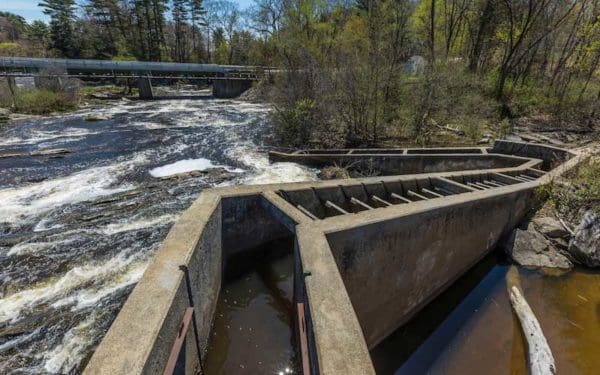
When it comes to national leadership, New England has always been ahead of the curve. The first public school, the first newspaper, the first veteran’s hospital, and even the first microwave oven were all pioneered in our backyard. And on environmental progress, our region’s legacy is just as sterling. Since long before the age of… Continue reading Putting Climate Change on the Ballot in 2018

When you walk around the shores of Downeast Maine at low tide, you’re sure to see rockweed covering much of the coastline. This critical habitat for shellfish, seabirds, lobsters, and crabs is a vital piece of Maine’s ecosystem – but is it really a plant, or rather, is it a fish? This is the central… Continue reading A Fish or a Plant? Rockweed Identity the Central Question in Maine Court Case
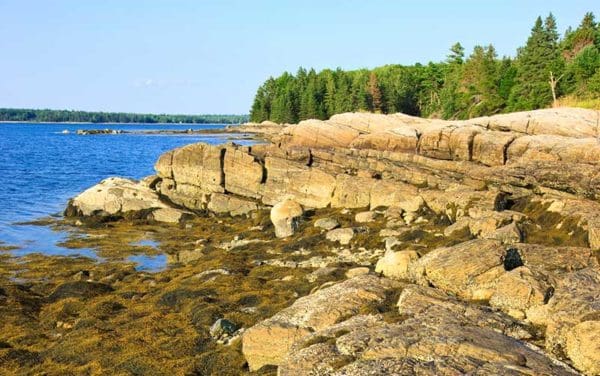
We’re not giving in. Yes, approaching a year after President’s Trump’s election, he seems intent on undermining decades of work to protect public health and the environment and fostering an ideology that denies and denigrates the basic facts of science. But we’ve been here before. In the 1970s, oil companies were intent on drilling for… Continue reading One Year Down: Fighting Back and Fighting On for New England

If you’ve spent any time along the Downeast Maine coast, then you’ve encountered rockweed. The green-brown seaweed known officially as Ascophyllum nodosum is ubiquitous here. At low tide, it carpets the rocky coastline and provides a refuge from the heat or the cold for a variety of shellfish and crustaceans, including juvenile lobsters, crabs, mussels,… Continue reading Who Owns Downeast Maine’s Seaweed?

In a stunning walk backwards, the Maine legislature failed again to override Governor LePage’s veto of legislation that would have supported solar progress in Maine. Passed in June, the bipartisan bill would have helped create stability in the state’s solar marketplace by ensuring that solar panel customers are fairly compensated for the power they produce… Continue reading The Fight for Solar in Maine Continues

It’s that time of year when fish like alewives and blueback herring journey from the sea to their native fresh waters to spawn. As a keystone species, these fish, collectively known as river herring, play a critical role as building blocks in our coastal ecosystems. They are also important to the health of New England’s fisheries,… Continue reading Restoration Efforts Bring Thousands of Native Fish Back to Maine’s Coastal Rivers
